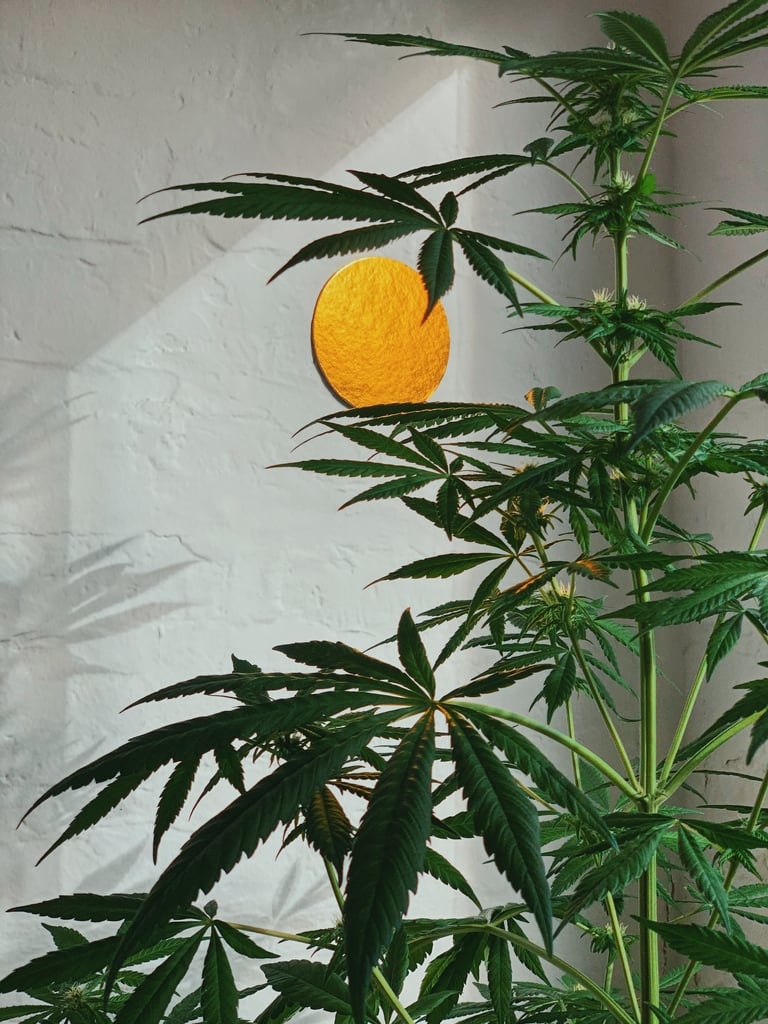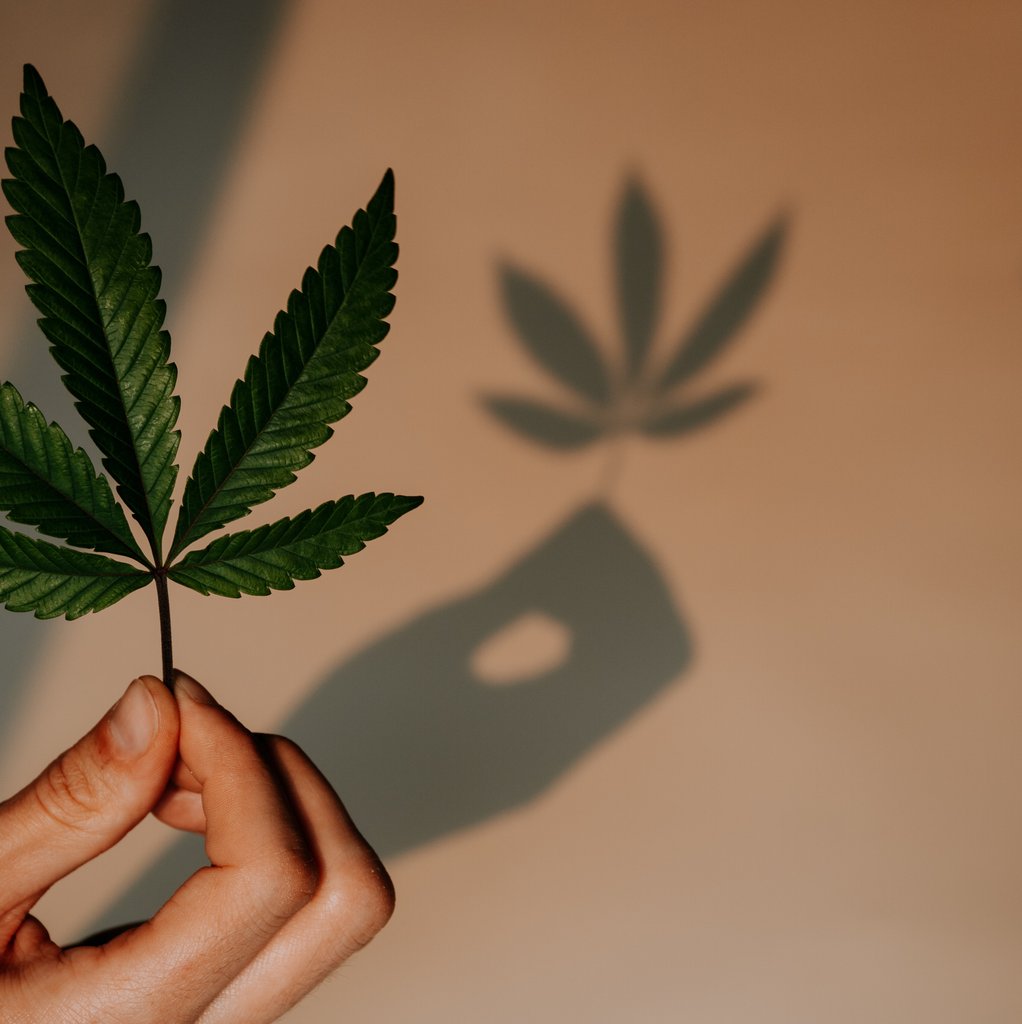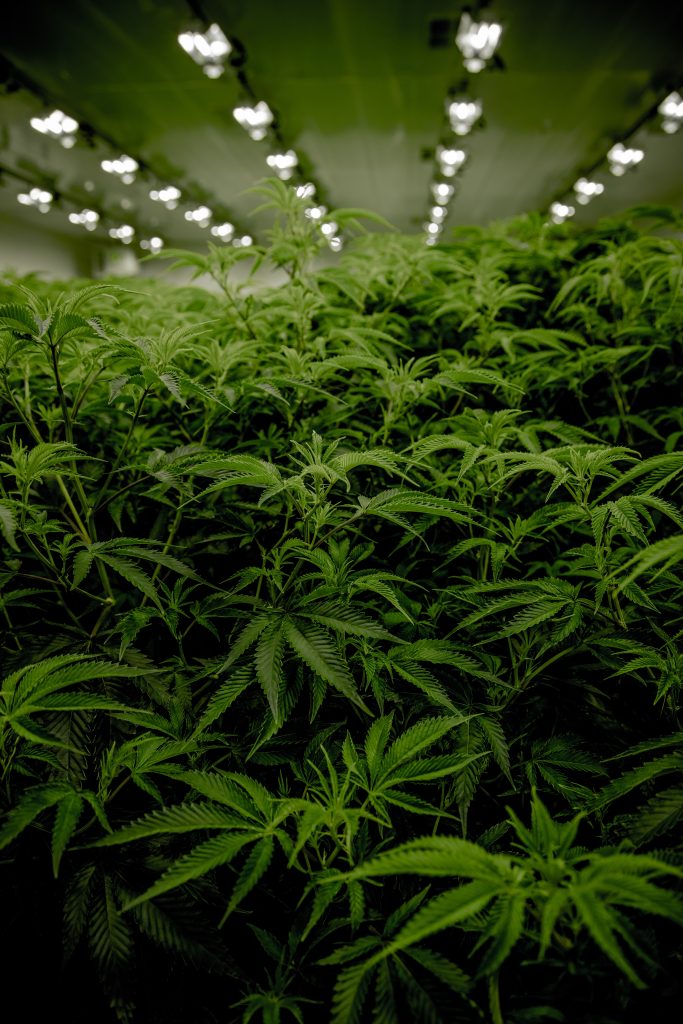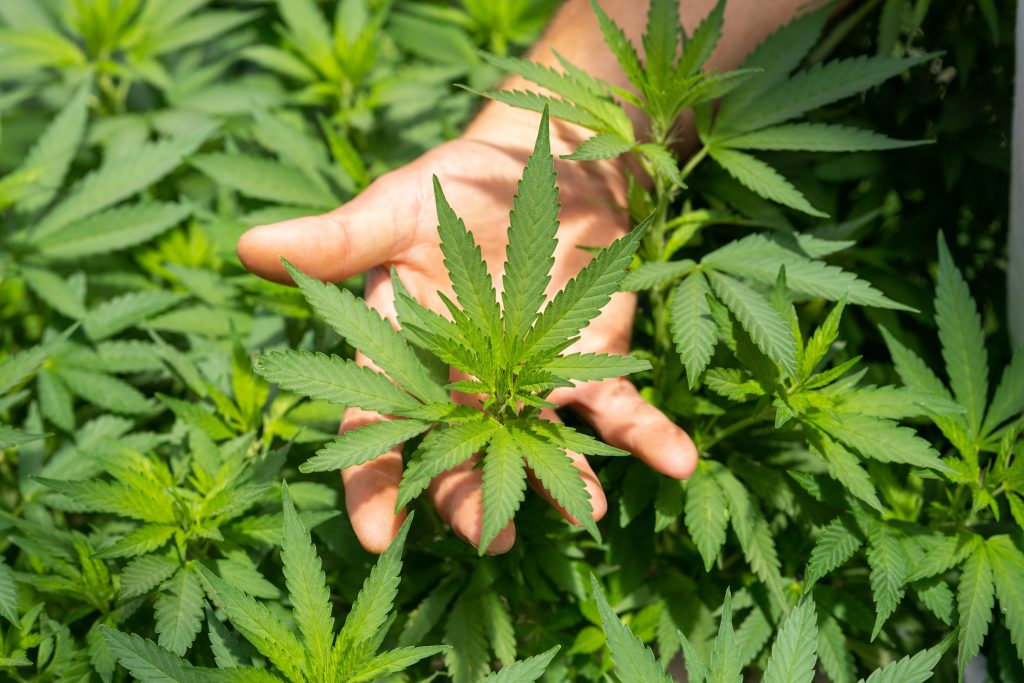The proposed penalty for those who smoke cannabis and create “public disturbance” should be preceded by a warning to quit. If they do not comply, they may be sentenced to a month in prison, a fine of up to 2,000 baht, or both. The only prerequisite for legally cultivating cannabis at home as of June 9 is to download and register with the Plook Ganja smartphone app. Cannabis smoke is a “public nuisance,” according to Thailand’s Department of Public Health, and smoking it recreationally – at home or in public – is prohibited. Starting June 9, it will be legal to grow cannabis plants at home, but it will remain illegal to use cannabis recreationally. Growing cannabis at home is only for the aim of using the plant’s leaves or stalks in cooking or tea for therapeutic purposes, not to get high. THC percentages of less than 0.2 percent will…
Posts published in “Cannabis”
Cannabis is now legal in Thailand and a number of other nations. Cannabis and the equipment needed to grow it are available for purchase online. However, each country’s rules vary, and non-specialists may still require authorization to cultivate it. If the cannabis is sold, a local government license is also required. The proliferation of Covid-19 has had a tremendous impact on the agricultural business around the world in recent years. People are using the internet as a new mechanism and instrument to grow the agricultural sector, facilitating the transition from a traditional farm to a contemporary one. As a result, each country’s government should promote modern agriculture through the use of the internet, often known as Internet Agriculture. The importance of the internet and financial support in the development of modern agriculture has been demonstrated. Those who want to grow medical marijuana face a major issue as a result of…
According to the Ministry of Public Health, three kinds of cannabis oil have been added to Thailand’s National List of Essential Medicines, or NLEM. Patients can now be prescribed cannabis oil by doctors from 893 government hospitals around the country. Thailand’s Minister of Public Health, Anutin Charnvirakul, claims that the country now has 1,173 marijuana clinics. Government hospitals may freely deliver cannabis extract oil to patients in specific instances, according to Thailand’s Government Pharmaceutical Organisation, or GPO. The psychoactive element in marijuana, tetrahydrocannabinol, or THC, is present in higher concentrations in the first form of cannabis oil. The second type has a larger concentration of CBD, or cannabidiol, a non-intoxicating chemical with therapeutic effects. The third solution, according to Dr Nathakan Suwanpiddokul, a GPO pharmacist, contains an equal amount of THC and CBD. The addition of cannabis oil to the NLEM will make the treatment significantly more accessible in Thailand…
The delisting of cannabis as a narcotic substance on Thursday opened the door to the release of more than 4,200 convicts serving sentences for cannabis offenses throughout the country. People condemned to prison for other crimes were not released, however. More than 3,000 inmates serving sentences for single marijuana offenses around the country will be freed on Thursday. The Ministry of Public Health has stated that cannabis would be removed off the list of category 5 drugs as of Thursday, June 9. A total of 4,200 inmates incarcerated in cannabis cases will be eligible for release, according to the Narcotics Suppression Bureau. Arrest warrants for cannabis usage would be withdrawn and cases still under investigation would be dismissed. On Thursday, the Office of the Narcotics Control Board will formally remove cannabis off the Category 5 narcotics list, meaning that police will no longer be able to arrest anybody in possession…
Even if you use cannabis and hemp products and extracts legally at home, smoking them could lead to criminal charges because it is a public nuisance. People can file a public nuisance complaint against cannabis users or smoke manufacturers, who, if proved guilty, might face a three-month prison sentence and a fine of up to 25,000 baht. If the THC or CBD concentration is less than 0.2 percent, any part of the cannabis or hemp plant, including the leaves, stems, fibers, branches, seeds, inflorescences, and roots, can be used legally at home for medical purposes. For the time being, this means that getting high in Thailand is prohibited. Thailand’s Ministry of Public Health is trying to decriminalize cannabis use and possession, as well as the rules and protocols for correctly cultivating and using cannabis at home, known as Cannabis Literacy, in order to prevent drug misuse and enhance medical tourism…
More than 100,000 would-be cannabis producers have registered through the ‘Plook Ganja’ website and smartphone app, according to Thailand’s FDA. The Thai people wasted little time in registering to cultivate their own cannabis plants at home after cannabis was decriminalized on June 9. Download the ‘Plook Ganja’ (‘Grow Cannabis’) mobile app (available on IOS and Android) to register. The app has already been downloaded by over 50,000 users. Thai citizens do not require authorization to grow cannabis or hemp legally at home. The cannabis planter must specify whether they are producing the plant for personal use, treating someone else’s health concern, for household use, for use in the creation of other therapeutic items, or for commercial use during the registration procedure (this list is not exhaustive). They only need to notify the FDA that they want to grow cannabis in one of two ways. More than 3,000 cannabis inmates will…
Starting tomorrow, Thailand will allow home production of cannabis and hemp, with public health minister Anutin Charnvirakul promising to distribute one million free cannabis plants. Farmers do not require permission to grow cannabis; instead, they must download the ‘Plook Ganja’ mobile app. 3,071 people who were imprisoned in Thailand for cannabis-related drug offenses will be released tomorrow. The detainees will be released on June 9, when cannabis will no longer be classified as a Category 5 narcotic, according to Thailand’s Justice Minister, Somsak Thepsuthin. Extracts containing higher than 0.2 percent THC, on the other hand, will remain a Category 5 narcotic. Meanwhile, the cannabis sector in the United States is growing, with the plant now legal in 19 states. However, an estimated 40,000 people are currently incarcerated in the United States for non-violent marijuana-related offenses. Thailand’s government discourages recreational usage of the plant, despite the fact that it is no…
The Thai Commerce Ministry is already working on plans to promote hemp fiber in the textile industry, as it has a lot of market potential. Despite their numerous medical benefits, hemp and cannabis were classed as narcotics under Thailand’s Narcotics Act’s Category 5. In the next five years, the global market for hemp-based textiles and clothing is expected to reach more than 140 billion baht, representing a 23 percent rise. Thailand’s government is pursuing a controversial plan to employ hemp in the textile industry as part of the country’s green agenda. Thailand, on the other hand, made history by legalizing cannabis possession and use for medicinal and scientific purposes in 2019. Thai textile exports totaled more than US$1.8 billion in the first quarter of this year, up roughly 14% year on year. The United States, Japan, Vietnam, Indonesia, Bangladesh, Cambodia, Myanmar, India, and Germany were the top export destinations. Because…






